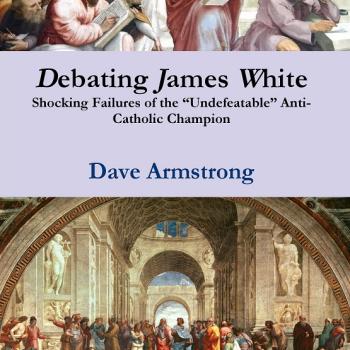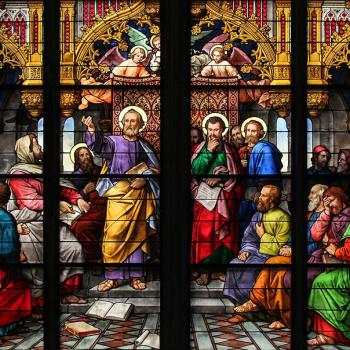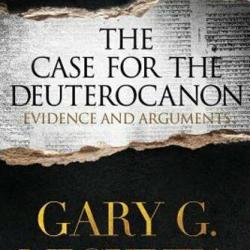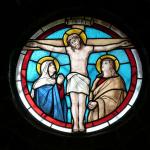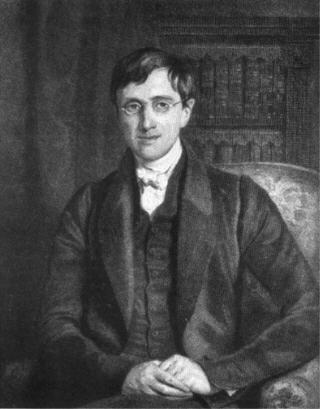
***
(3-7-11)
***
The following are excerpts from my book of quotations from Blessed John Henry Cardinal Newman: The Quotable Newman.
The first selection is from his book, Arians of the Fourth Century (1833). The second is from Tracts for the Times #73: On the Introduction of Rationalistic Principles into Revealed Religion (1836). All of the remaining excerpts are from Tracts for the Times #85: Lectures on the Scripture Proof of the Doctrines of the Church (September 1838).
* * * * *
. . . the Bible, though various in its parts, forms a whole, grounded on a few distinct doctrinal principles discernible throughout it; and is in consequence intelligible indeed in its general drift, but obscure in its text; and even tempts the student, if I may so speak, to a lax and disrespectful interpretation of it.
* * *
No revelation can be complete and systematic, from the weakness of the human intellect; so far as it is not such, it is mysterious. When nothing is revealed, nothing is known, and there is nothing to contemplate or marvel at; but when something is revealed, and only something, for all cannot be, there are forthwith difficulties and perplexities. A Revelation is religious doctrine viewed on its illuminated side; a Mystery is the selfsame doctrine viewed on the side unilluminated. Thus Religious Truth is neither light nor darkness, but both together; it is like the dim view of a country seen in the twilight, with forms half extricated from the darkness, with broken lines, and isolated masses. Revelation, in this way of considering it, is not a revealed system, but consists of a number of detached and incomplete truths belonging to a vast system unrevealed, of doctrines and injunctions mysteriously connected together; that is, connected by unknown media, and bearing upon unknown portions of the system. And in this sense we see the propriety of calling St. John’s prophecies, though highly mysterious, yet a revelation.
* * *
. . . though there really is a true creed or system in Scripture, still it is not on the surface of Scripture, but is found latent and implicit within it, and to be maintained only by indirect arguments, by comparison of texts, by inferences from what is said plainly, and by overcoming or resigning oneself to difficulties . . . If we will not submit to the notion of the doctrines of the Gospel being hidden under the text of Scripture from the view of the chance reader, we must submit to believe either that there are no doctrines at all in Christianity, or that the doctrines are not in Scripture, . . .
* * *
If we will have it so, that the doctrines of Scripture should be on the surface of Scripture, though I may have my very definite notion what doctrines are on the surface, and you yours, and another his, yet you and he and I, though each of us in appearance competent to judge, though all serious men, earnest, and possessed of due attainments, nevertheless will not agree together what those doctrines are; so that, practically, what I have said will come about in the end,—that (if we are candid) we shall be forced to allow, that there is no system, no creed, no doctrine at all lucidly and explicitly set forth in Scripture . . .
* * *
As to the nondescript system of religion now in fashion, viz., that nothing is to be believed but what is clearly stated in Scripture, that all its own doctrines are clearly there and none other, and that, as to history, it is no matter what history says and what it does not say, except so far as it must of course be used to prove the canonicity of Scripture, . . . it has all the external extravagance of Latitudinarianism without any gain in consistency.
* * *
That He has overruled matters so far as to make the apparently casual writings of the Apostles a complete canon of saving faith, is no reason why He should have given them a systematic structure, or a didactic form, or a completeness in their subject-matter.
* * *
. . . if Scripture contains any religious system at all, it must contain it covertly, and teach it obscurely, because it is altogether most immethodical and irregular in its structure; and therefore, that the indirectness of the Scripture proofs of the Catholic system is not an objection to its cogency, except as it is an objection to the Scripture proofs of every other form of Christianity . . .
* * *
. . . we are nowhere told in Scripture, certainly not in the Old Testament, that the Serpent that tempted Eve was the Devil. The nearest approach to an intimation of it is the last book of the Bible, where the devil is called “that old serpent.” Can we be surprised that other truths are but obscurely conveyed in Scripture, when this hardly escapes (as I may say) omission?
* * *
The characteristics then, of the narrative portion of Scripture are such as I have described; it is unsystematic and unstudied;—from which I would infer, that as Scripture relates facts without aiming at completeness or consistency, so it relates doctrines also; . . . From which it follows, that we must not be surprised to find in Scripture doctrines of the Gospel, however momentous, nevertheless taught obliquely, and capable only of circuitous proof;—such, for instance, . . . the especial Church doctrines, such as the Apostolical Succession, the efficacy of the Holy Eucharist, . . .
* * *
I have been arguing that Scripture is a deep book, and that the peculiar doctrines concerning the Church, contained in the Prayer Book, are in its depths. Now let it be remarked in corroboration, first, that the early Church always did consider Scripture to be what I have been arguing that it is from its structure,—viz., a book with very recondite meanings; this they considered, not merely with reference to its teaching the particular class of doctrines in question, but as regards its entire teaching. They considered that it was full of mysteries. Therefore, saying that Scripture has deep meanings, is not an hypothesis invented to meet this particular difficulty, that the Church doctrines are not on its surface, but is an acknowledged principle of interpretation independent of it.
* * *
We have reason to believe that God, our Maker and Governor, has spoken to us by Revelation; yet why has He not spoken more distinctly? He has given us doctrines which are but obscurely gathered from Scripture, and a Scripture which is but obscurely gathered from history.
* * *
That Gospel which was to be “the glory of His people Israel,” [Luke ii. 32.] was a stumblingblock to them, as for other reasons, so especially because it was not on the surface of the Old Testament.
***








